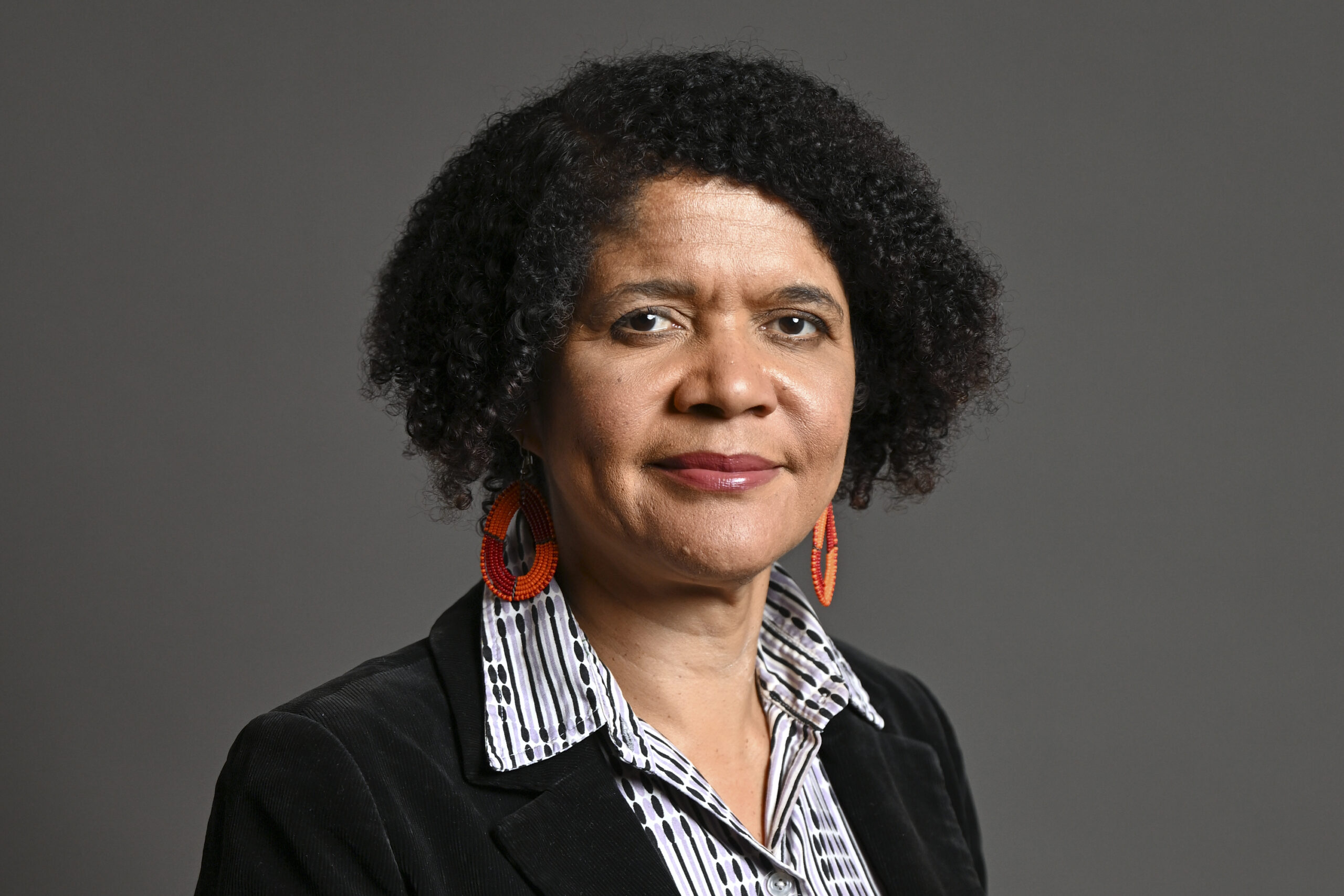At the end of April, I called an Adjournment Debate on Government support for people in the Occupied Palestinian Territories, in response to the horror, frustration and guilt my constituents told me they were feeling as the horrors in Gaza and the West Bank continued. Since then, I am pleased that the Government has taken some action – suspending trade talks with Israel and announcing sanctions on Israeli ministers. But the humanitarian situation remains dire and the issues I raised have only grown more acute.
I asked three principal questions of the Government. First, what more can be done to support the people of Palestine? Secondly, what can the British public, particularly my constituents in Newcastle upon Tyne Central and West, do as individuals and as a community to support the people of Palestine? Thirdly, if there was nothing more to be done as a Government, as a nation or as individuals. I asked the Minister to inform the House, so that MPs may so inform our constituents.
Like much of the world, I was horrified by the attacks unleashed by Hamas on 7th October 2023. The kidnap and murder of Israeli civilians was an appalling act of terror and should be remembered. I support Israel’s right to defend itself, but this right should not permit the bombing of civilians, the obliteration of homes or the starvation of a population.
Over 51,000 Palestinians have been killed and more than 100,000 injured. Among the dead are 166 journalists, 120 academics and over 224 humanitarian workers. Aid agencies including Oxfam and Action on Armed Violence have concluded that Israel has killed more women and children in Gaza than in any other conflict in the world in the past two decades.
My constituents in Newcastle see this suffering every day on their screens. They stop me in local markets and high streets and ask: what is the UK doing to end it? One Jewish constituent wrote to me to express despair over Israel’s abandonment of a ceasefire agreement and the UK Government’s “relative silence.” Another asked me to “advocate for the people of Gaza” and remind the Government that “Palestinians too have the right to feel safe, to live in peace and enjoy freedom and liberty without occupation, colonisation or terrorism.” Another wrote to me about an IVF clinic in Gaza destroyed by Israeli strikes. The attack wiped out 4,000 embryos. “This is waging war on Palestinians’ ability to reproduce,” she said. Others describe what they see: a five-year-old girl pulled from the wreckage of a car hit by an Israeli strike. A 20-day-old baby frozen to death in a makeshift shelter. Children bombed as they play on street corners. People burned alive in tents that were supposed to protect them.
And it’s not only bombs. People in Gaza are dying from hunger, dehydration and disease. Reports show aid trucks being blocked at crossings while children die of malnutrition. There are credible allegations that the Israeli government is deliberately preventing aid from reaching civilians. This is a breach of international humanitarian law.
In Parliament, I posed direct questions to the Government regarding their actions to hold Israel accountable for blocking aid, targeting civilians and destroying health infrastructure. I inquired about the steps being taken to investigate the use of British-made arms in Gaza and whether arms exports to Israel would be suspended.
Additionally, I sought advice on how my constituents can support the Government’s efforts in Palestine and directly aid Palestinians. This included their desire to make a difference through spending choices, identifying specific goods and services from Palestinians and distinguishing these from products of illegally occupied territories. I requested guidance on effective charitable giving, avoiding support for Hamas and identifying the best NGOs and charities to ensure aid reaches those in need. Furthermore, I explored alternative support methods, such as advocacy and legal aid, without requiring physical access to Gaza.
We are a nation that seeks to stand for human rights and the rule of law. If we are serious about peace, then we must demand an immediate and permanent ceasefire. We must push for a political solution that recognises the rights of both Palestinians and Israelis to live in safety, dignity and peace.
In the debate, I was told that I could expect a response from the Minister for the Middle East to the questions that I asked and tell me and my constituents what can be done to support those in the Occupied Territories. I wrote to him last week, asking him to answer all 11 questions.
History will judge how we responded to this moment. Our children will ask what we did when faced with such suffering. I hope we can tell them that we did not look away.
Only a political solution that recognises the rights of both Palestinians and Israelis to live in safety can secure peace


